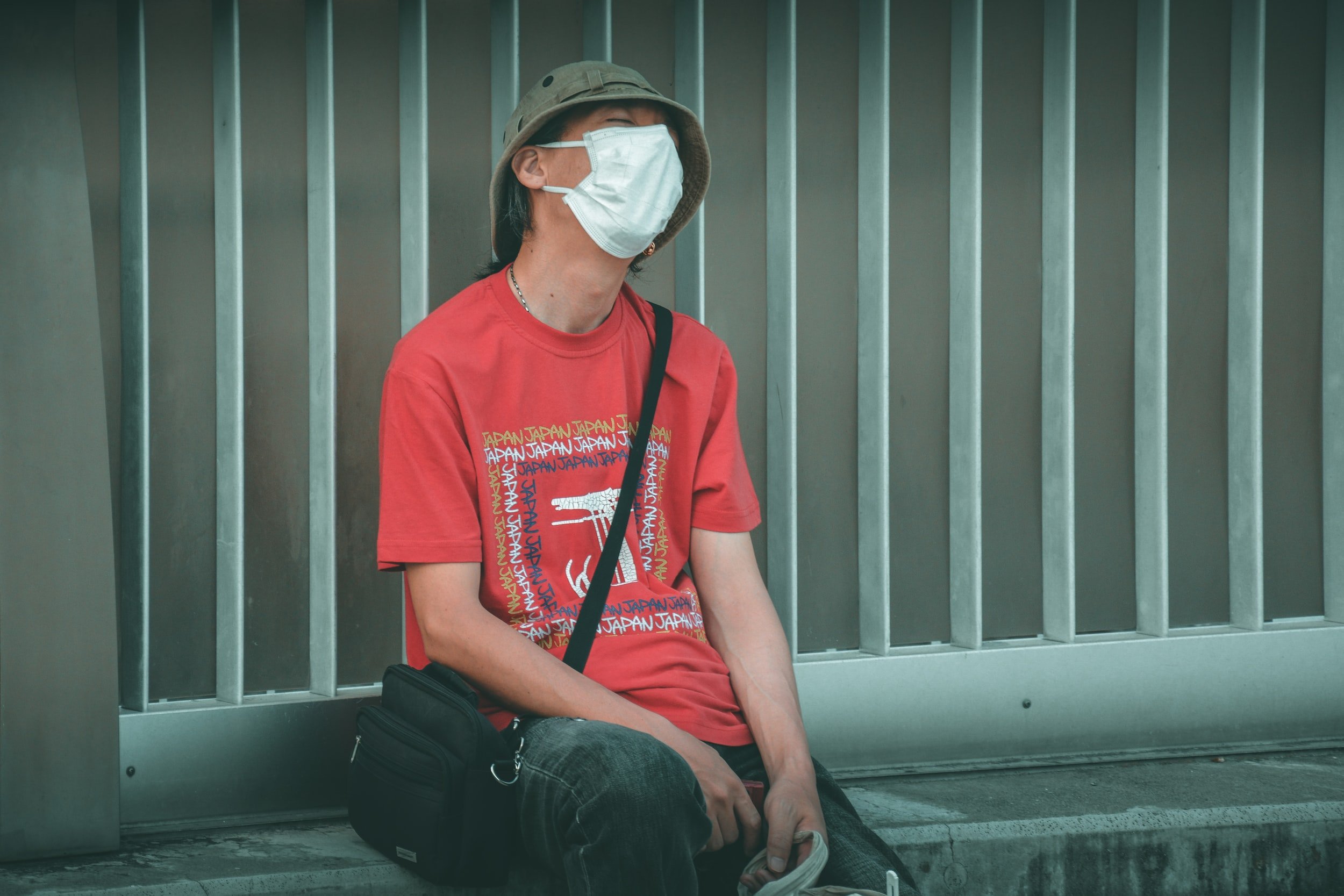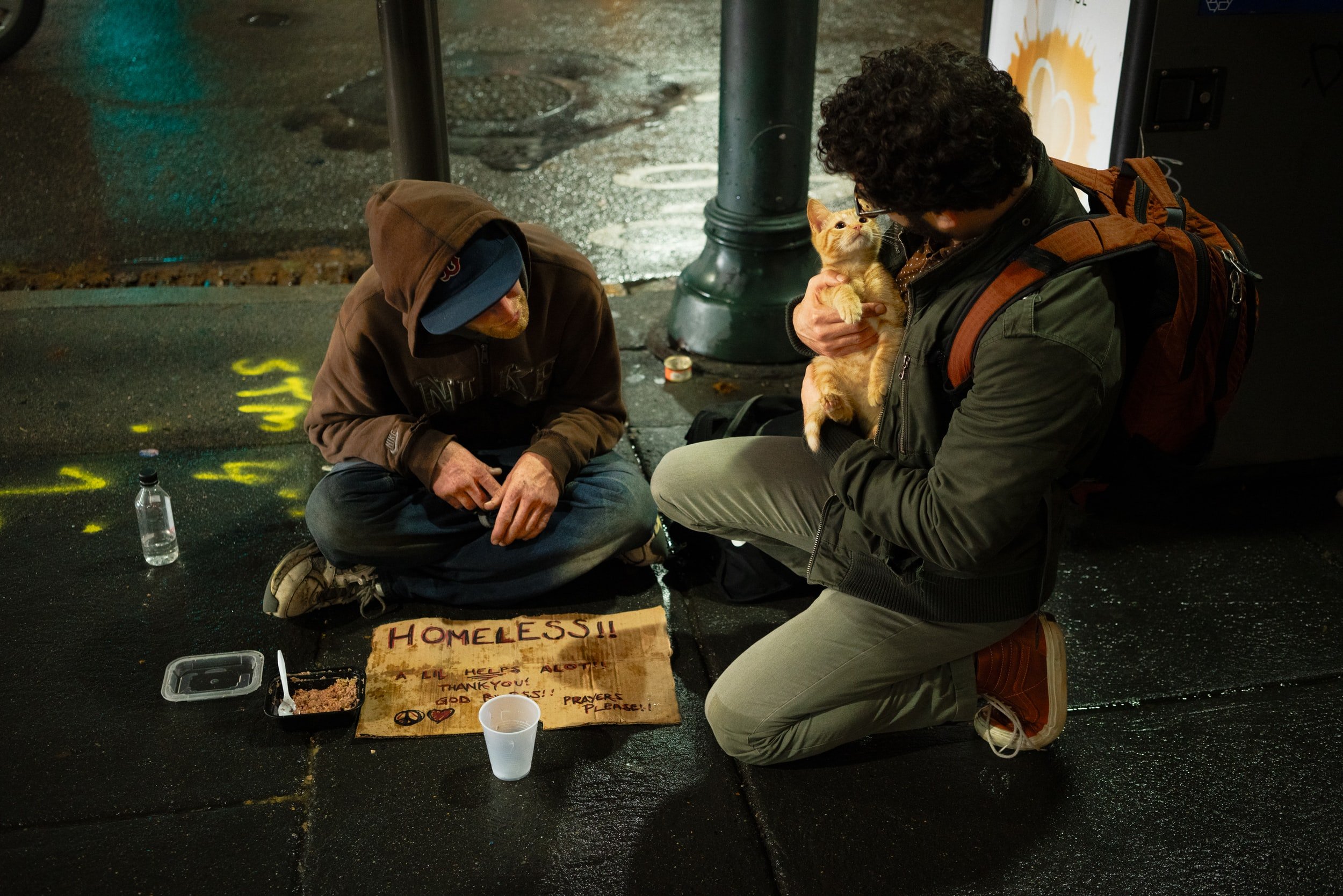Online abuse: What can researchers do?
by Dr. Jaigris Hodson, Dr. Anatoliy Gruzd, Dr. Chris Tenove and Dr. Victoria O’Meara,
Online Abuse and Harassment
As researchers in the digital age, our group has witnessed, and sometimes experienced, abuse and harassment on line. Hodson, Gruzd, Tenove, and O’Meara started working together on this virtual webinar because of our shared interest in online anti-social behavior, abuse and harassment, and the way these forces were negatively impacting research communication.
Together, we bring a wealth of research experiences and resources to understand how everyone can better respond to online anti-social behavior, abuse, and harassment, and we are interested in deepening our network and connecting with others who are doing similar work so we can build our impact.
Contact Jaigris Hodson Jaigris.Hodson@RoyalRoads.ca if you are interested in joining our informal network.
Learn more! View the recording from our recent webinar:
The webinar organizers:
Dr. Jaigris Hodson is an Associate Professor in the College of Interdisciplinary Studies at Royal Roads University and a Resident Fellow in the Cascade Institute. As a Canada Research Chair (tier 2) in Digital Communication for the Public Interest, she studies misinformation, polarization and online harassment. Her current work involves bystander intervention to address online harassment in partnership with the Conversation Canada, the anti-polarization project with the Cascade Institute, and examining online anti-social behavior with the Social Media Lab.
Dr. Anatoliy Gruzd is a Professor at the Ted Rogers School of Management at Toronto Metropolitan University and co-Director of the Social Media Lab. Anatoliy specializes in analyzing online communities and social networks, as well as creating novel computational techniques and tools for examining public discourse on social media. His innovative approach to studying social media has led him to be named a Canada Research Chair in 2015 (renewed in 2020), and his induction into the Royal Society of Canada College of New Scholars, Artists and Scientists in 2017.
Dr. Chris Tenove is the Acting Director of the Centre for the Study of Democratic Institutions (CSDI) at the University of British Columbia, and a researcher and instructor in the School of Public Policy & Global Affairs. He has published peer-reviewed articles and book chapters on the challenges that digital media pose to democracy and human rights, focusing on topics such as electoral disinformation, online harassment of politicians, and social media regulation.
Dr. Victoria O’Meara is a post-doctoral researcher at Royal Roads University in the College of Interdisciplinary Studies. Her research examines shifting norms of media and cultural production in the era of platformization, and how emergent technologies reify or reshape inequalities across gender, race, and class.
Resources from our team:
The Social Media Lab: Social Media Lab | Making Sense of a Networked World @ Toronto Metropolitan University
The Centre for The Study of Democratic Institutions - Home | Centre for the Study of Democratic Institutions (ubc.ca)
The Digital Public Interest Collective - The Digital Public Interest Collective (dpicollective.com)
Report: Responding to Online Abuse: What we Heard From Health Communicators - https://democracy.ubc.ca/health/online-abuse-of-health-communicators/responding-to-online-abuse-what-we-heard-from-health-communicators/
Report: The State of Anti-Social Behavior on social media - The State of Anti-Social Behaviour on Social Media (figshare.com)
Report: Impacts, Lessons learned and best practices for supporting knowledge workers targeted with online abuse - Knowledge Synthesis Report – Public Scholarship & Online Abuse (thedlrgroup.com)
Digital Toolkit for Managers and employers - Digital Toolkit for Managers and Employers – Public Scholarship & Online Abuse (thedlrgroup.com)
DPI collective Podcast: Series 1 Online Abuse - Series 1: Online Abuse – The Digital Public Interest Collective (dpicollective.com)
Additional resources:
More Methodspace Posts about Sensitive and Risky Research
These difficult times present challenges for researchers. Find five original posts by Robert Kozinets about using Netnography to study sensitive topics.
Interviewing participants in difficult or emotional situations? Learn from Bethany Morgan Brett and Katy Wheeler.
Protection of vulnerable populations, or those who are vulnerable in particular situations, needs to begin with the first stage of the process: recruitment of participants.
Respondent-driven sampling (RDS) is a method for drawing probability samples of "hidden," or alternatively, hard-to-reach, populations. Find a description and examples.
Dr. Cindy Veldhuis discusses the need for attention to researcher safety for those who study LGBTQ+ issues.
Interested in Indigenous methods? Find the webinar recording and related resources in this post.
The focus of this post is the co-researchers’ journey of working together as a co-operative inquiry research team. They highlight ways in which research can be inclusive and accessible to co-inquirers with intellectual disabilities who are new to research
Andre Samuels reflects on his experiences as a Black doctoral student and researcher at the University of Pennsylvania.
Risky or illegal behaviors can be challenging to study - and concerning for researcher safety. See this collection of open access articles for examples.
Researchers studying the experiences of youth can benefit from their perspectives. This post from high school students includes their tips for researchers.
Self-care is essential when studying painful, sad, difficult experiences or situations. Find strategies and tips in this video from Dr. Helen Kara and collection of open-access articles.
The Covid-19 pandemic has created yet more sensitive research concerns. Read this post from Lahman and Brown for suggestions.
Watch the recorded “Understanding cultural issues in research design” webinar and find relevant resources.
Dr. Safary Wa-Mbaleka discusses what he has learned from conducting research and teaching methods in the US, Asia, and Africa.
How can you interview participants online about sensitive topics? Tips from Janet Salmons, author of Doing Qualitative Research Online.
Studying sensitive problems is difficult. What happens when you conduct the research online? See this collection of open access research examples.
Self-care is essential when collecting data about sensitive issues. See this post from Dr. Maria Lahman for strategies.
Dr. Diringer discusses fieldwork with partners in the Amazon.
Thinking about studying college students, or partnering with student co-researchers. you will find this post by Ari Burstein.
Considerations in research with underrepresented groups along the bias lines of overrepresentation
Research with vulnerable participants involves special considerations. Find examples in this collection of open-access articles from SAGE journals.
Dr. Durdella offers suggestions for researchers who want to take a respectful, relational approach.
A collection of open-access articles offers methodological examples for researchers who want to study highly sensitive problems.
As part of a series about studying sensitive topics, this collection of open-access articles includes a variety of studies about inequity.
Simple tips for making your survey or interview welcoming to all.
Cheryl Poth clarifies some points about research with vulnerable participants.
Natalia Reinoso Chávez answers questions raised in the Research Ethics in Practice webinar.




























For Pride Month 2023, learn respectful ways to study LGBTQ+ people and related issues.